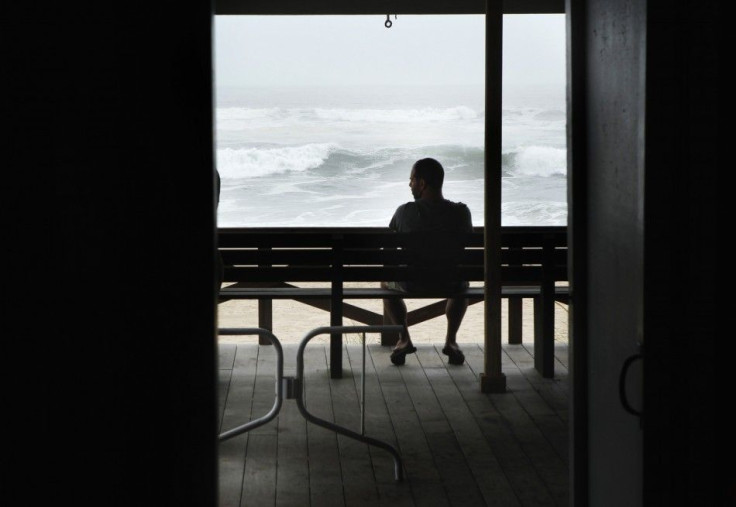Depression May Affect How Our Brains Process Hate: Study

Depression typically causes feelings of self-loathing and a new study suggests that melancholy people have altered brain circuits to process hate that makes those down-and-out unable to process hatred.
Researchers previously found that showing subjects pictures of people they hated caused a group of three regions of the brain to become activated, what became known as a 'hate circuit'.
Researchers at the University of Warwick found that in depressed people, these three regions worked out of sync, thereby breaking down the hate circuit and potentially leading melancholy folks on a path of self-loathing.
The study was published Tuesday in the journal Molecular Psychiatry.
Scientists scanned the brains of 39 depressed people and a control group of 37 people who were not depressed with functional magnetic resonance imaging (fMRI), a tool that allows researchers to see active regions of the brain.
The researchers found that the three regions of the brain responsible for the hate circuit- the insula, putamen, and superior frontal gyrus- were not working in sync in depressed people.
Researchers hypothesized that altered hate circuit may explain why depressed people have reduced control over their feelings of self-loathing, as well as feelings towards others.
The results are clear but at first sight are puzzling as we know that depression is often characterized by intense self loathing and there is no obvious indication that depressives are less prone to hate others, lead researcher Jianfeng Feng said in a statement. This in turn could lead to an inability to deal appropriately with feelings of hate and an increased likelihood of both uncontrolled self-loathing and withdrawal from social interactions.
© Copyright IBTimes 2025. All rights reserved.





















